Stacked In The Closet
by David Aloi
David Aloi recalls the private symbols and secret innuendos of growing up within the gay community.
Growing up, my father kept his Playboys pretty accessible. There wasn’t much of an attempt to hide them. It was an “open the closet and there they were” sort of thing. When I first discovered one of them, it was the Women of Mensa issue and I found myself more interested in taking the logic quiz than gawking at the spread of brainy bosoms. But when a promotional issue of International Male made its way to our mailbox, I knew it was something I could get behind. I hid it inside the small storage space beneath my sister’s waterbed and paged through it every so often, learning the almost urgency of men’s “undergear.” It was my first secret as a young gay man—and certainly not my last.
Because of the many risks of coming out, the gay community has often relied upon secrets in order communicate, exist, and in many cases, survive. Holding onto such confidential information and sharing it with selected others in unique ways, immediately gains you entry into an exclusive club—in this case, one of handsome souls and champagne cocktails. It can strengthen your sense of community, camaraderie, and confidence.
In the early part of the 20th century, a secret language called polari sprung from the UK and was used among sailors, performers, and prostitutes to identify each other and converse. Your cats are your pants and your bats are your shoes—easy enough! Even our beloved Morrissey paid tribute to the slang with his 1990 hit, “Piccadilly Palare,” where he beautifully chugs: So bona to vada, oh you, your lovely eek and your lovely riah, which translates to: So good to see you, your lovely face and your lovely hair. Polari declined after the British government decriminalized homosexuality in the late ’60s but this idea of secrets and codes continued through the latter part of the century.
While the origin is relatively unknown, it is thought the modern-day handkerchief code began in New York City in early 1970s. This “language” of wearing colored handkerchiefs in either of your back pockets to indicate your preferred sexual position and preferred sexual practice is most prevalent in the leather community and has become so elaborate and complicated, it’s difficult to keep up without some type of key. I attended an outdoor party once in San Francisco where the handkerchiefs were ubiquitous. While the sense of community was present and genuine, I spent most of my time on Wikipedia decoding the various combinations. When I couldn’t tell if a man wanted to blow a pilot or pee on a cigarette, I knew it was time for me to hit the road.
For me and for much of my gang, these types of codes and parties are more of a novelty than anything else. Sure we still speak our slang and dance to our disco, but keeping things a secret just isn’t as necessary as it once was. Why swipe beneath a bathroom stall and tap your foot twice when you can simply swipe and tap a few buttons on your phone? Why wear a pale yellow hanky in your right back pocket when you can just say you’re “drool crazy” in your Grindr profile? Anyone with a phone, and certain apps, of course, can find out you’re a geeky otter looking for a relationship—because you can type those exact words. No real puzzle to solve (unless you’re in dark as to what an otter is).
This decline in secrets and subtlety is due mainly to the fearless folks who have fought—and continue to fight—long and hard for equal rights. That’s not to say that there aren’t places that still exist in America where homosexuality is taboo and dangerous. But from my experience, attitudes have changed tremendously and being gay is generally more accepted, even since I was a kid. These days, your television show is not funny or interesting without some kind of gay glow—kudos to Ellen, Queer as Folk, and Pedro from The Real World: San Francisco to name a few, for paving the rainbow way.
Whether it’s languages and codes or winks and nods, keeping certain secrets can be fun and drive home a real connection with others. But ultimately, not having secrets or revealing the right ones is euphoric and liberating, like a million worlds lifted off your shoulders. If International Male still existed today, I would keep it just as accessible as my father did his Playboys, except maybe on the coffee table instead of in the closet.

